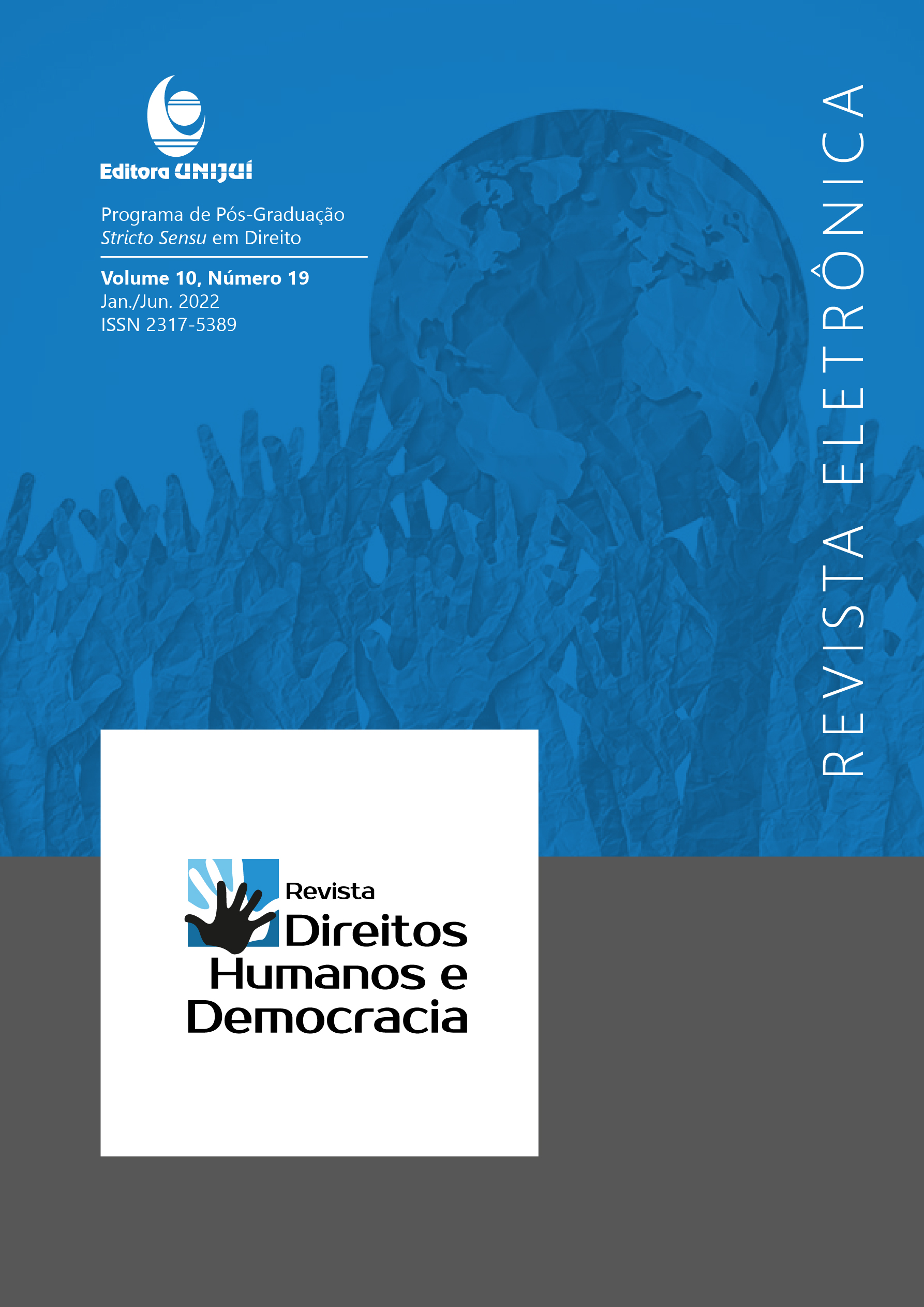The parliamentary debate on the new drug policy in the Chamber of Deputies: discursive and biopolitical formations
DOI:
https://doi.org/10.21527/2317-5389.2022.19.11000Keywords:
Brazilian Legislature. Political speech. Discourse Analysis. Drug Policy.Abstract
This article analyzes the parliamentary debate on the new National Drug Policy (Law No. 13,840 / 19) in the Chamber of Deputies. The objective is to identify the discursive formations on which such discourses are based, correlating them with visions guided by biopolitics. The research problem is expressed by the following question: what are the predominant ideologies in the parliamentary debate about the production, commercialization and consumption of psychoactive substances? The hypothesis that guides the study consists of the premise that parliamentarians have progressively adopted a sanitary discourse, treating users as sick individuals who need state protection to take care of their health, through compulsory hospitalization. In order to carry out the research, we analyzed the shorthand notes of the debates during the vote on the matter at the Plenary of the Chamber of Deputies, totaling 70 pronouncements. The conclusions confirm the hypothesis, with the predominance of health discourse formation. In addition, the following were identified: a punitivist discursive formation, which advocates more rigor in punishing traffickers; a libertarian discursive formation, identified in few statements, which is based on respect for free will, without State interference in the individual's private life.
Downloads
Published
How to Cite
Issue
Section
License
By publishing in the Revista Direitos Humanos e Democracia, authors agree to the following terms:
Articles are licensed under the Creative Commons Atribuição 4.0 Internacional (CC BY 4.0), which allows:
Share — copy and redistribute the material in any medium or format;
Adapt — remix, transform, and build upon the material for any purpose, including commercial use.
These permissions are irrevocable, provided the following terms are respected:
Attribution — authors must be properly credited, with a link to the license and indication of any modifications made;
No additional restrictions — no legal or technological measures may be applied that restrict the use permitted by the license.
Notices:
The license does not apply to elements in the public domain or covered by legal exceptions.
The license does not grant all rights required for specific uses (e.g., image rights, privacy, or moral rights).
The journal is not responsible for opinions expressed in the articles, which remain the sole responsibility of the authors. The Editor, with the support of the Editorial Committee, reserves the right to suggest or request modifications when necessary.
Only original scientific articles presenting research results of interest, not previously published or simultaneously submitted to another journal with the same purpose, will be accepted.
References to trademarks or specific products are intended solely for identification purposes and do not imply any promotional endorsement by the authors or the journal.
License Agreement: Authors retain copyright over their articles and grant the Revista Direitos Humanos e Democracia the right of first publication.













